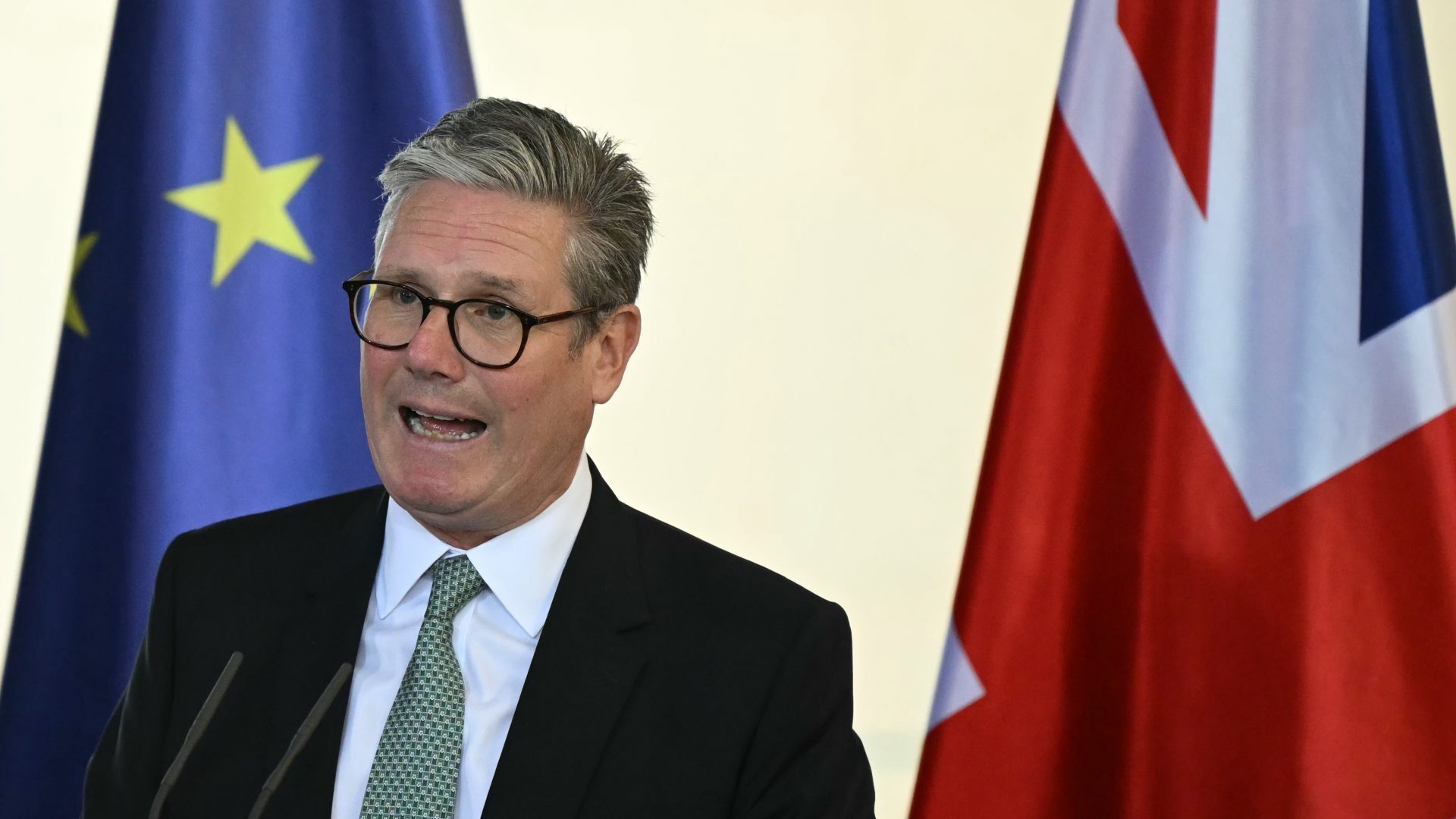What’s Keir Starmer playing at, then? The question is asked with greater volume and urgency each time the prime minister pledges to reset relations with Europe, then says in the next breath that this does not mean rejoining the EU, or rejoining a customs union with the EU, or rejoining the single market, or rejoining a youth free movement scheme, or rejoining Erasmus+ – or, for that matter, rejoining Oasis.
This is maddening stuff for New European readers and those who believe that some of the unpleasantness Starmer is now telling the country to brace for might just be avoidable were he to push faster for deeper integration or even another referendum. But there is some logic to how he is behaving, and in one theory it goes like this:
First, whatever the polls might say about Britain’s new enthusiasm for the EU, Labour’s leader and those around him do not believe them. Nor do they believe it is worth expending a good chunk of their rapidly dwindling political capital on an immediate push for Rejoin; a long process that would bring no economic uplift for many years to come. Instead, the deeply unsexy process of incremental change will continue.
Second, one of the reasons Labour are so jumpy is immigration, which in a recent Ipsos poll topped the list of voters’ main concerns. Reform and the Conservatives have made much of this result while failing to point out it came mostly because Labour’s election has made people less worried about previous table-toppers, the NHS and the economy, concern about which dropped by 17% and 5% respectively.
But Starmer is still reluctant to add fuel to a fire that will be eagerly stoked by Fleet Street until he can show some progress on small boats, asylum claims and net migration figures. Hence his lack of apparent enthusiasm for youth mobility visas, or other aspects of deeper integration that might be perceived as allowing any kind of free movement.
Third, Starmer thinks he will get an easier ride on closer links with the EU once a new Tory leader – probably the super-combative Kemi Badenoch – is in place, and dedicating themselves to tearing into Reform; a priority if the Conservatives are to continue to exist.
Both the right wing parties will agree that Brexit is being betrayed, but they will continue to disagree vehemently about what a good Brexit looks like. The eternal battle between Brexit practicality (to help business and travellers) and Brexit purity (to satisfy true believers) will go on, and while it rages Starmer will be able to keep plugging away quietly, accusing them of fighting old battles while he gets on with running the country.
In this theory about Starmer’s current position, he delivers a series of small wins that will keep alive the promise of the big win – a moment in the nearish future when Labour might be able to say: we’re already aligned again with the EU on standards and goals; the deep rift between us is now just a thin crack. Do we want to cross it, knowing that greater prosperity awaits on the other side?
It is a pleasing scenario, perhaps even a convincing one. But is it really what’s in Keir Starmer’s head? We can’t know, and for now the frustration goes on.










